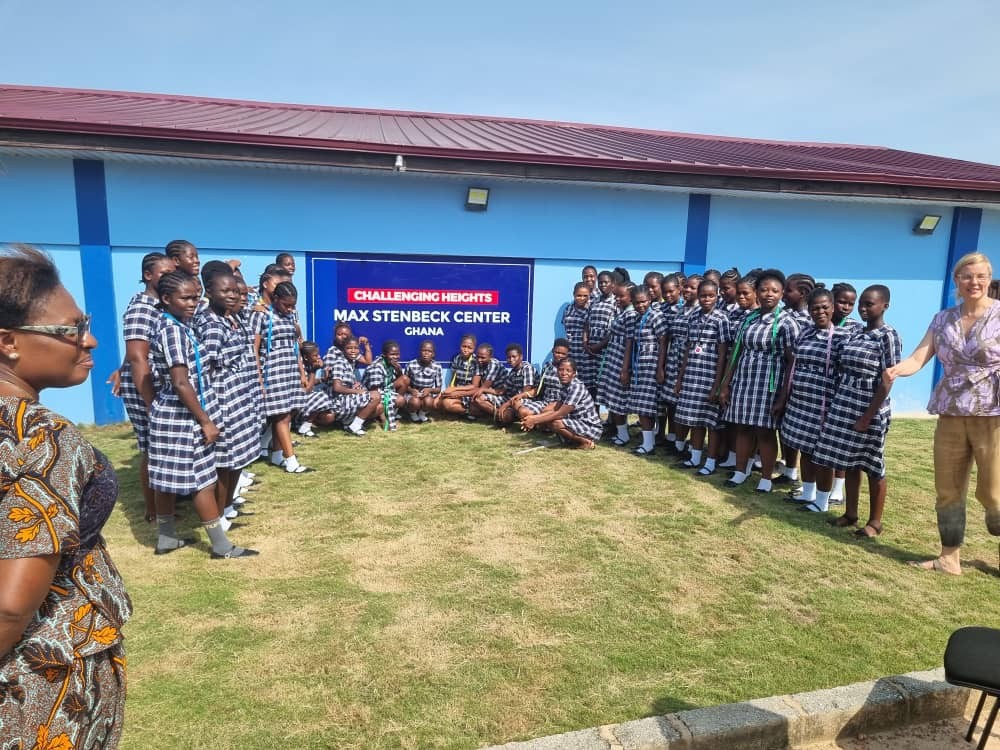Women Economic Empowerment Programme (WEEP)
We recognise the systemic oppression of women. Women encounter greater barriers to education and employment than men and are often straddled with greater responsibility for children. Consequently, we focus aspects of our preventative efforts on equipping and elevating this historically marginalised group. By empowering women, they can make a living and be less likely to have more children than they can afford, which further reduces the risk of sending children into modern slavery situations.
Economically empowering caregivers, especially women, is also vital in preventing child trafficking. The majority of people in coastal and farming communities have much of their work is affected by weather and seasons. As climate change contributes to the unpredictable nature of weather and harvests, fishing and farming don’t always provide a sustainable income. Fishing is usually seasonal, with large catches of fish happening only three months out of the year. During these months, there are no means to preserve caught fish. Fishermen are then forced to throw away what they do not sell or sell at a very low cost, resulting in lost income. The CH Cold Store addresses many of these issues: women have a guaranteed supply of fish available locally and fisher folk have a place to preserve large catches of fish. We have erected a community smokehouse near the cold store with 58 smoke ovens open to women in the community. Small cooperatives of women are able to use the smokehouse, free of charge. Women come here to smoke fish to sell throughout the community and region.
Our Women's Vocational Training Centers also offer training for young women and girls in two vocations, fashion and beauty therapy. The programme lasts for two to three years, at the end of which, each graduate writes standardised examinations and receives the nationally recognised NVTI/CTVET certificates. In addition to recognition, this certificate affords graduates the credentials necessary to pursue further levels of vocational education. We have so far reached over 4000 women through our Women's Economic Empowerment projects, across three different groups: vulnerable families with a history of child trafficking, and families with children at risk of it. Most of these women have successfully built resilience to have a stable income and to take care of their children. They are trained in soft skills so that they are self-dependent instead of relying on their children to sustain their families.
